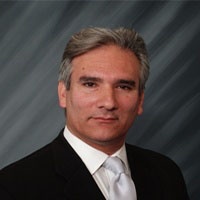Kent City Criminal Lawyer, Michigan
Sponsored Law Firm
-
 x
x

Click For More Info:
-
Goldman & Associates
615 Griswold St. Suite 1325 Detroit, MI 48226» view mapCriminal Over 30 Years Experience.
Accessibility, responsiveness, and personal commitment is our approach to client representation.
800-797-8031
John M. Danian
✓ VERIFIEDAt Danian Law Office, PLLC, we know how stressful a legal conflict can be. Whether you are facing anything from criminal charges to a civil lawsuit, t... (more)
Thomas B. Baynton
✓ VERIFIEDAt the Law Office of Thomas Baynton PLLC, Thomas Baynton is an experienced attorney serving the people of West Michigan. If you have been charged with... (more)
Akiva Goldman
✓ VERIFIED(866) 666-2889 - CALL NOW! FREE CONSULTATION - Mr. Akiva Goldman is the managing partner of Goldman & Associates and a member of the State Bar of Mich... (more)
FREE CONSULTATION
CONTACTFREE CONSULTATION
CONTACTFREE CONSULTATION
CONTACT Akiva Goldman Detroit, MI
Akiva Goldman Detroit, MI AboutGoldman & Associates
AboutGoldman & Associates Practice AreasExpertise
Practice AreasExpertise



